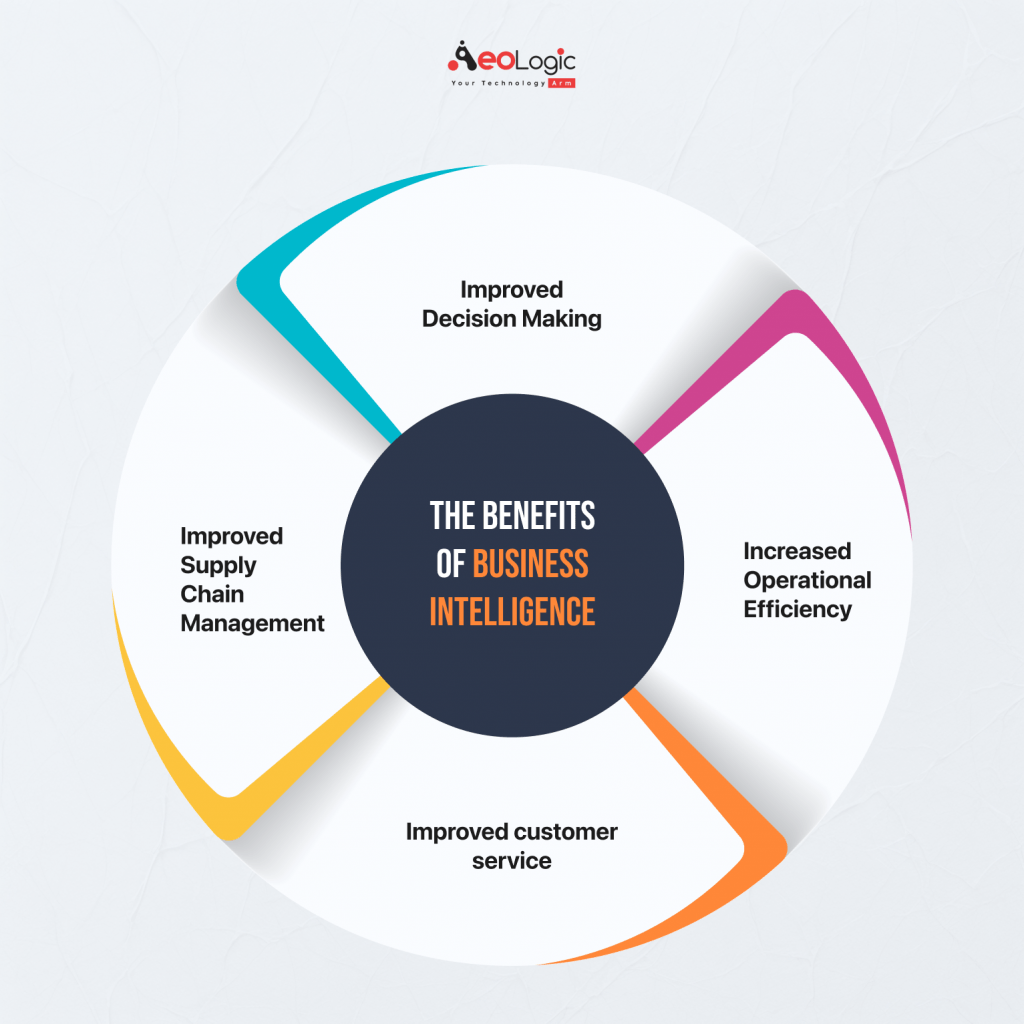Business intelligence (BI) is the process of analyzing data to help businesses make better decisions. However, there are several challenges that businesses face when it comes to BI. In this article, we will discuss some of the most common BI challenges and how to overcome them.
Overview
Business intelligence (BI) is the process of turning data into insights that inform an organization’s strategic and tactical decisions.
The goal of business intelligence is to help organizations make better decisions by providing them with timely, accurate, and actionable data.
However, this is not always an easy task. There are a number of challenges that can make it difficult for organizations to get the most out of their data.
How to Choose Business Intelligence Solution
Choosing the right business intelligence solution is critical to the success of any organization. The wrong solution can be costly and may not meet the organization’s needs.
When choosing a business intelligence solution, it is important to consider the following factors:
- The organization’s specific needs and objectives
- The type and amount of data that needs to be analyzed
- The resources (time, money, and personnel) that are available
- The level of expertise of the organization’s staff
Business intelligence is a powerful tool that can help organizations to make better decisions. However, it is important to choose the right solution for the organization’s specific needs.
Also Read: Redefining Success in Businesses With Artificial Intelligence
The Benefits of Business Intelligence

The term Business Intelligence (BI) has become increasingly popular in recent years as organizations strive to gain a competitive edge in today’s global marketplace. BI is a broad category of application programs and technologies that are used to collect, store, analyze and provide access to data to help enterprise users make better business decisions.
There are many benefits of BI, but some of the most important ones include:
Improved Decision Making
BI provides organizations with the ability to make better and more informed decisions. By giving decision makers access to accurate and up-to-date data, BI tools can help them to identify trends, spot opportunities, and make decisions that are based on facts rather than gut feeling.
Increased Operational Efficiency
It can help organizations to improve their operational efficiency by providing them with the ability to track and monitor key performance indicators (KPIs). By identifying areas where performance is not meeting expectations, organizations can take steps to improve their processes and procedures.
Improved customer service
BI can help organizations to improve their customer service by providing them with the ability to better understand their customers’ needs and preferences. By analyzing customer data, organizations can identify areas where they need to make changes to their products or services to better meet customer needs.
Improved Supply Chain Management
BI can help organizations to improve their supply chain management by providing them with the ability to track and monitor their supply chain. By understanding where their supplies are coming from and where they are going, organizations can make changes to their supply chain to improve its efficiency.
There are many other benefits of BI, but these are some of the most important ones. If you are considering implementing BI in your organization, then you should keep these benefits in mind.
Also Read: Impact of Artificial Intelligence on Education and Learning
The Challenges of Business Intelligence
One of the biggest challenges of business intelligence is data quality. In order for BI to be effective, organizations need to have access to high-quality data. However, this is often not the case. The data that is available to organizations is often inaccurate, incomplete, and outdated. This makes it difficult for organizations to make data-driven decisions.
Another challenge of business intelligence is data silos. Data silos refer to the isolated storage of data within an organization. This can make it difficult for organizations to share data and make data-driven decisions.
Another common challenge of business intelligence is user adoption. In order for BI to be effective, users need to be able to use the tools and dashboards that have been created. However, this is often not the case. Users are often resistant to change and they may not be able to use the BI tools correctly. This can lead to a lack of data-driven decision-making.
The last challenge that we will discuss is budget. Business intelligence solutions can be expensive to implement and maintain. Organizations need to be sure that they have the budget for a BI solution before they implement one.
These are just some of the challenges that organizations face when trying to implement business intelligence. However, there are ways to overcome these challenges. By working with a reputable BI vendor, you can ensure that you have access to high-quality data and that your data is properly integrated. Additionally, a BI vendor can help you to overcome the challenges of user adoption and budget.
Also Read: The Role of AI in Education And Learning: Just Promises Or Revolution
The Solutions to Business Intelligence Challenges
Business intelligence (BI) presents a lot of challenges for organizations. But, with the right tools and processes in place, these challenges can be overcome. Here are some of the most common BI challenges, and how to overcome them.
Data Silos
To overcome this challenge, it’s important to break down the data silos and make sure that data is being shared across departments. This can be done with a data warehouse or data lake. A data warehouse is a centralized database where all data is stored. A data lake is a repository of all data, both structured and unstructured.
Both data warehouses and data lakes can help organizations overcome the challenge of data silos.
Lack of Data Governance
Without data governance, it can be difficult to ensure data quality and control who has access to data. This can lead to a lot of problems, such as incorrect data being used to make decisions.
To overcome this challenge, it’s important to put data governance policies and procedures in place. These should be designed to ensure data quality and control who has access to data.
Complexity
To overcome this challenge, it’s important to make sure that BI tools are user-friendly and can be used by non-technical users. There are a number of BI tools on the market that are designed for non-technical users. It’s also important to make sure that BI tools are integrated into an existing business.
Also see: Our RFID Solutions
Conclusion
Business intelligence (BI) is the process of turning data into insights that help businesses make better decisions. However, BI is not without its challenges. In this blog post, we will discuss some of the most common BI challenges and how to overcome them.
Despite these challenges, BI can be a powerful tool for businesses. When used correctly, BI can help businesses make better decisions, improve operational efficiency, and drive growth.
Related Blogs:
- How AI/ML Can Change the Public Transportation Industry
- Transforming Business With Digital Technology in the Oil Palm Industry in India
- Importance of Digital Asset Management in the Retail Industry
- How AI is Transforming the Agriculture Industry
- 10 Ways to Use Artificial Intelligence to Improve Business Processes
- The Future of IoT Technology in Convenience Stores
- Building Manufacturing Resilience Through AI and ML









